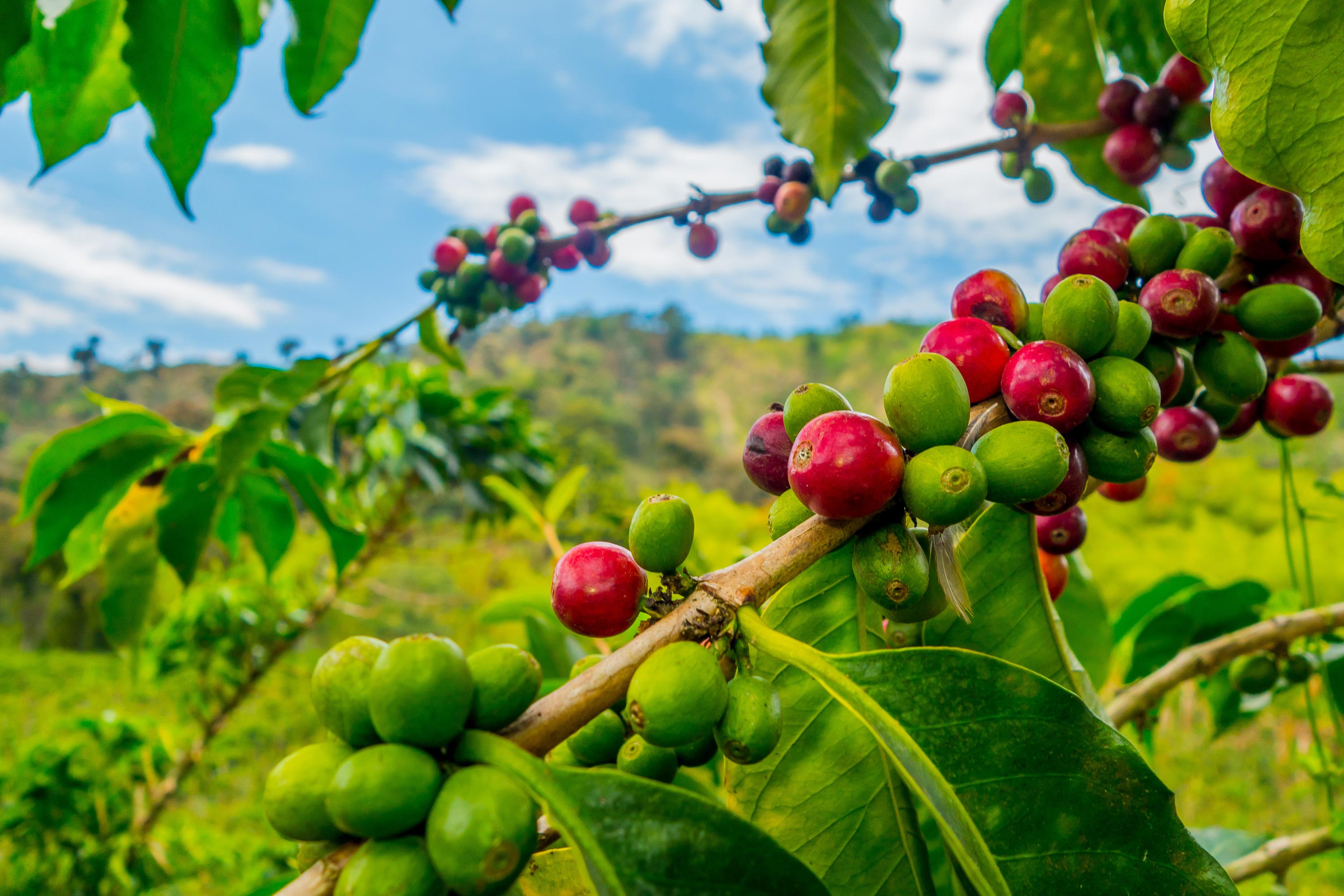
The Science of Coffee Growing Analytical Answers
The coffee sector generates a global annual income exceeding $200 billion with a tendency for steady market growth of 2.2% every year ( The Coffee Guide, 2021 ). There are more than 12.5 million coffee farms at the beginning of the coffee value chain, with ca. 60% belonging to smallholders, producing coffee on <5 ha ( Enveritas, 2019 ).
americanina Island coffee
Coffee is a flowering plant that is being cultivated for its grains/seeds called 'coffee beans'. Many coffee products including beverages are made from these.
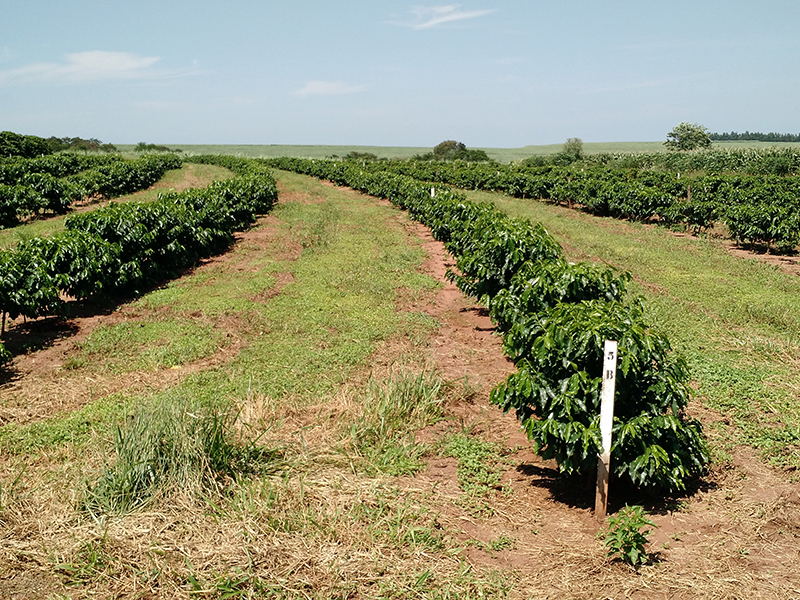
Limestone improves coffee yield and profitability American Society of
Panoramic aerial view of arabica coffee field plantations in minas gerais, brazil. brazil is the largest producer of coffee in the world at about 3.2 million 60-kilo sacks of coffee Wooden table top on blur green tea mountain and grass field.Fresh and Relax concept.For montage product display or design key visual layout.View of copy space.
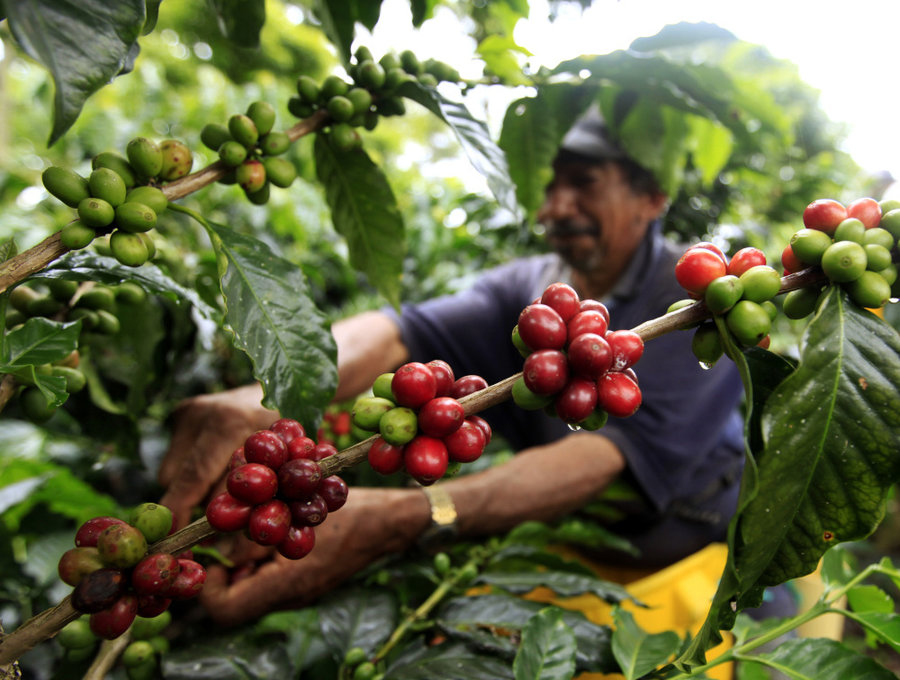
To teach English on a coffee farm in Colombia
Ethan Miller April 1, 2012, 11:18 pm. Australian coffee farms have a vibrant history, and are experiencing a revival, with many roasters developing an appreciation for locally grown beans. Ask many people in the industry where coffee was discovered and chances are they'll tell you an intriguing story about Kaldi and the Ethiopian heritage.

3 Destinations for a Coffee Plantation Vacation The Travel Team
Outside of the culinary world, used coffee grounds are commonly composted and can be repurposed occasionally in gardening. "Used coffee grounds can be used for compost as part of the 'green' component since they are a source of nitrogen," Foster says. "Small amounts of used coffee grounds can also be added directly to the soil for.
.JPG?itok=tLgqEkfO)
How to Visit a Coffee Farm Tips How to Make it Happen
Peninsula paradise: Why you never want to leave Balmain. This article is part of our Summer in Sydney series, where Herald staff reveal the best - and worst - of our city in the hotter months.

The sparkle of green and red coffee beans growing in the fields of
Nitrogen (N) is the most abundant nutrient taken from the soil by plants, and nitrate (NO 3) is the main nitrogen form absorbed by plants, which transport through the root cell membranes is mediated by low- and high-affinity membrane transporters. Bohórquez et al. studied the variations in N uptake during four coffee fruit developmental stages.

Going beyond cafés Transparent and communitydriven coffee farming F
Milk chocolate, candied orange, and almond croissant. From $20.00. Test Roast (1kg) Various regions, countries. $45.00. Sold. Out. Our coffee range represents the work of some of the world's best producers — coffees that are grown conscientiously, sourced seasonally, and roasted with great care.

Choose Your Magic Travel Agua Branca (Brazil) coffee fields by Petr
The coffee seeds should be sown at 2.5 cm apart. Usually seed density of 4000 to 4500 seeds should be required to cover 1 hectare land. Generally coffee seeds will germinate in 4 to 5 weeks after sowing. Then the seedlings should be uprooted and transplanted in bags or in nursery beds at 25 cm distance.
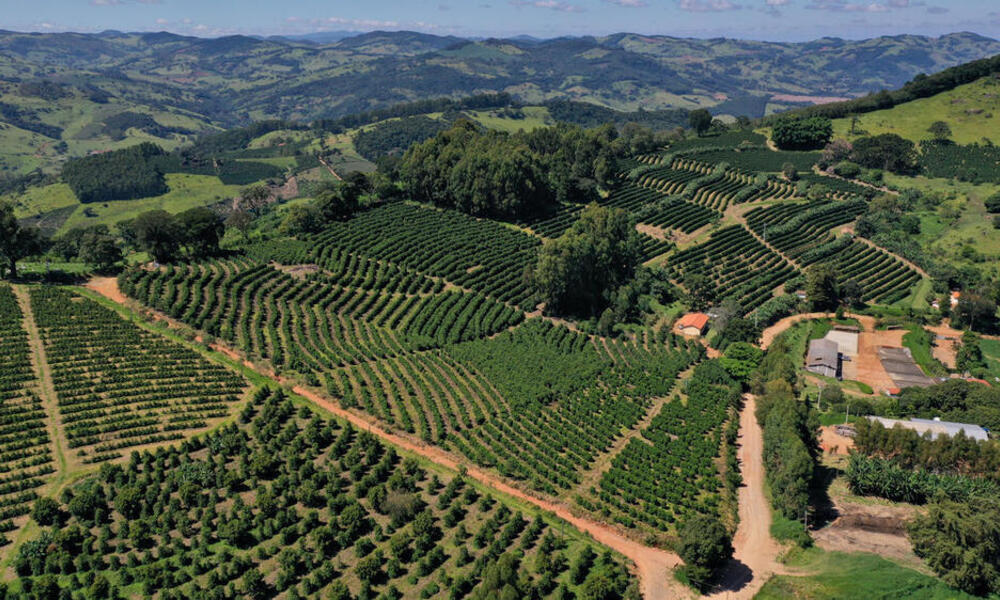
A hilltop coffee plantation benefits from robust and healthy forests
Fieldwork Coffee is a modern Australian micro-roastery. Comprised of a small team of coffee obsessives, we work together to champion what we believe to be the best coffees in the world. We take pride in supplying our customers with coffees that are grown conscientiously, sourced seasonally, and roasted with great care.
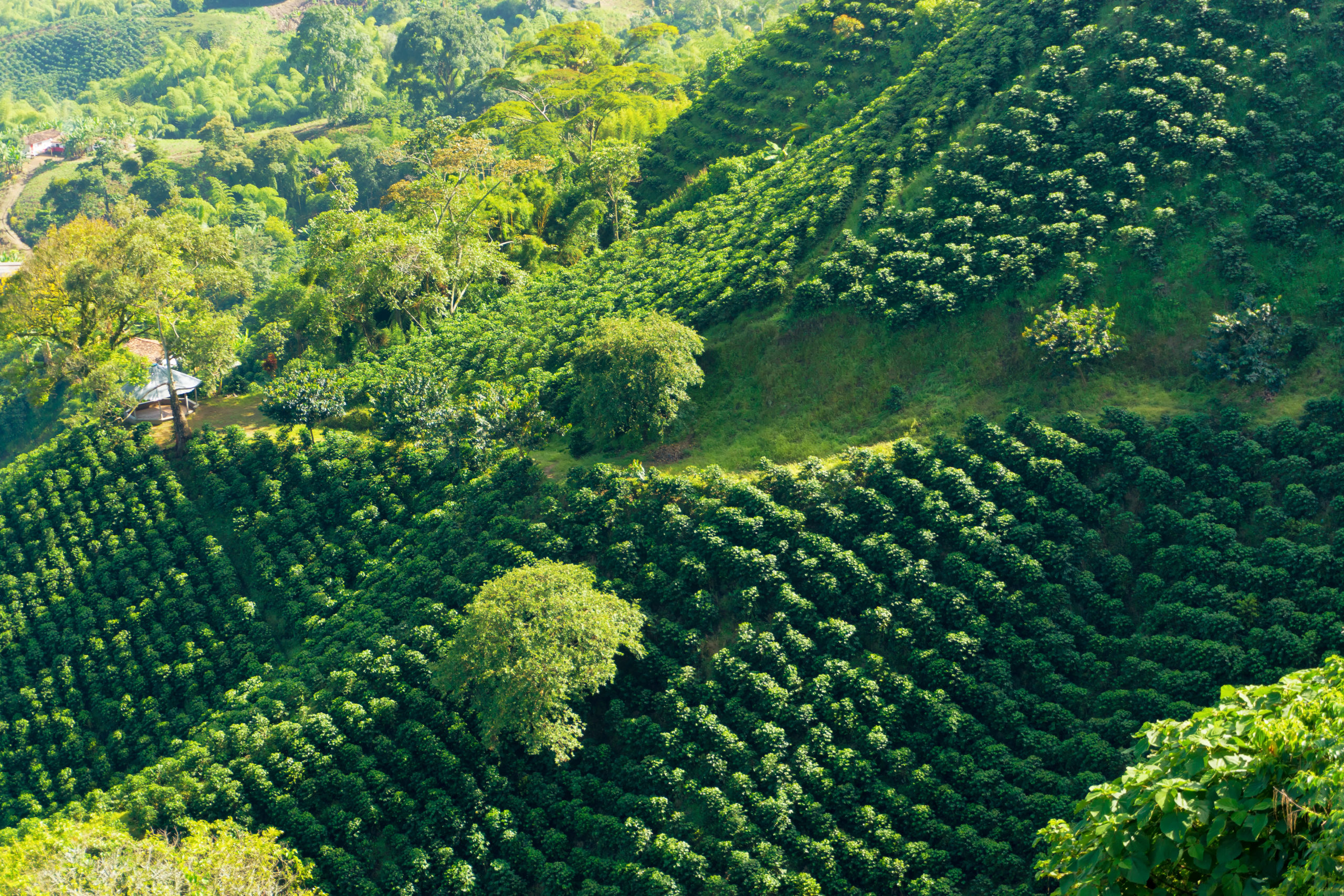
Coffee Farmers Spiral Horn Coffee Company
Within the rows, coffee seeds should be placed at 3 cm to 5 cm distance with 0.5 cm to1 cm depth flat side down. After growing the coffee seedlings in nursery bags, 6 to 7 months old seedlings having about 20 to 25 cm height should be transported and transplanted in the main field.

Colombian coffee production will increase, but not at low altitudes
The two major species of coffee plants ( Coffea arabica and C. canephora; family Rubiaceae) are tropical evergreen shrubs or small trees of African origin. They are grown for the seeds, or beans, which are roasted, ground, and sold for brewing coffee.

Parched Coffee Farms in Brazil Undermine ‘Mega’ Crop Outlook Bloomberg
4. Arthur Street Cafe. The staff are very friendly and welcoming, the food is delicious, the coffee is. 5. Black Elk Espresso. We go to Black Elk a fair bit. 1/ It's Local 2/ the food is very good , never. 6. Elatte Cafe. Fruit bowl and Chicken Panini for lunch and Granola Bowl and Fruit Bowl for.
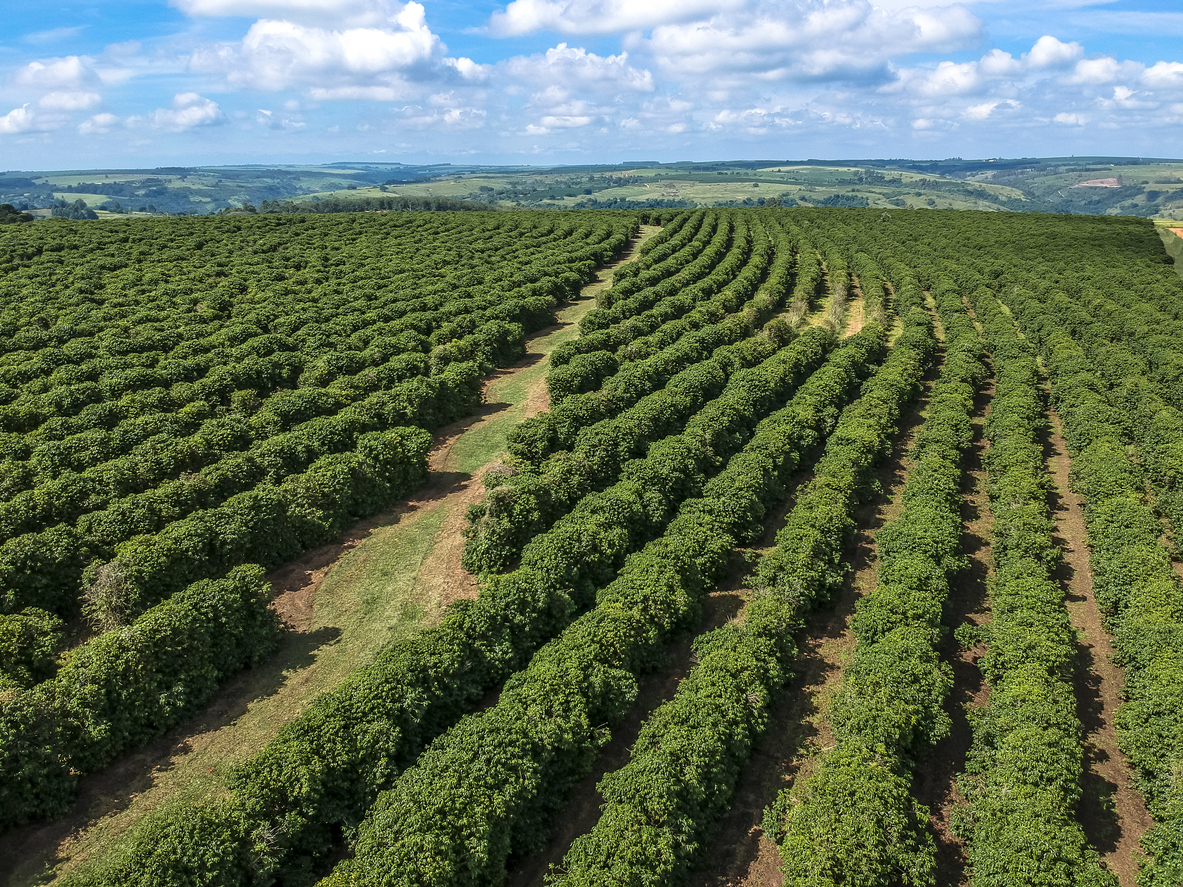
A Review on, Coffee Landscapes Shaping the Anthropocene (Part 1
Coffee production is the industrial process of converting the raw fruit of the coffee plant into the finished coffee. The coffee cherry has the fruit or pulp removed leaving the seed or bean which is then dried.. A field-expedient coffee fermentation tank in Vietnam. In the "wet process", the fruit covering the coffee beans is.
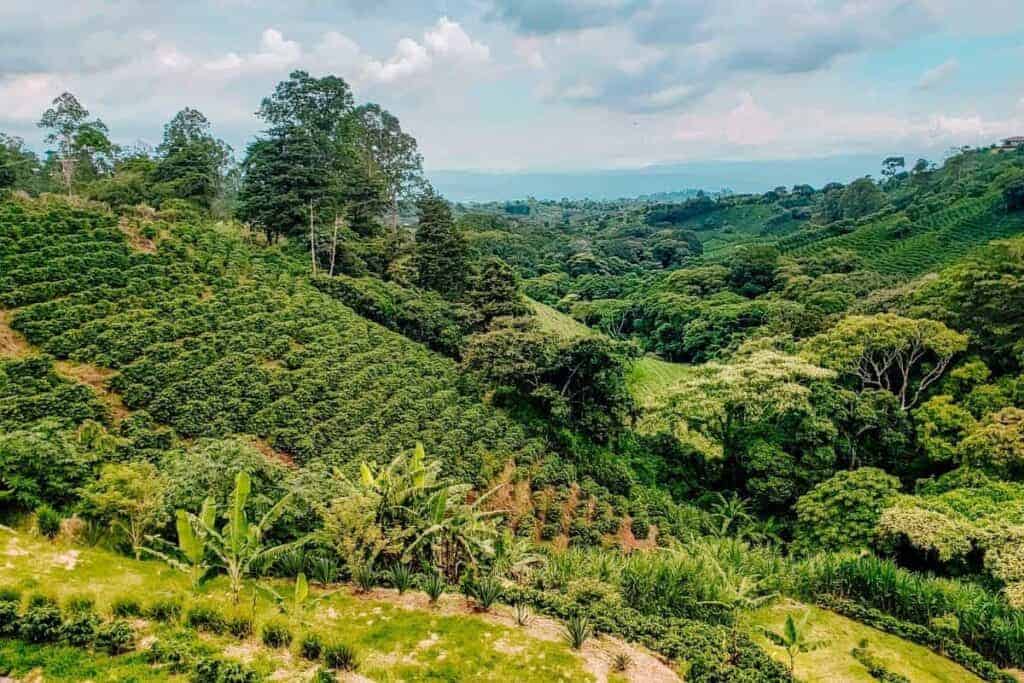
Costa Rica Coffee Take a Plantation Tour Costa Rica Vibes
Browse 1,254 coffee field landscape photos and images available, or start a new search to explore more photos and images. Browse Getty Images' premium collection of high-quality, authentic Coffee Field Landscape stock photos, royalty-free images, and pictures.

Coffee field stock image. Image of bean, agriculture 99725379
The coffee field was composed by 85 georeferenced sample points, containing 5 plants representing a georeferenced point, being the spatial support of the experiment. Disease intensity classes were predicted in the field by machine learning algorithms fitted to big data on surface reflectance and spectral indices derived from digital.